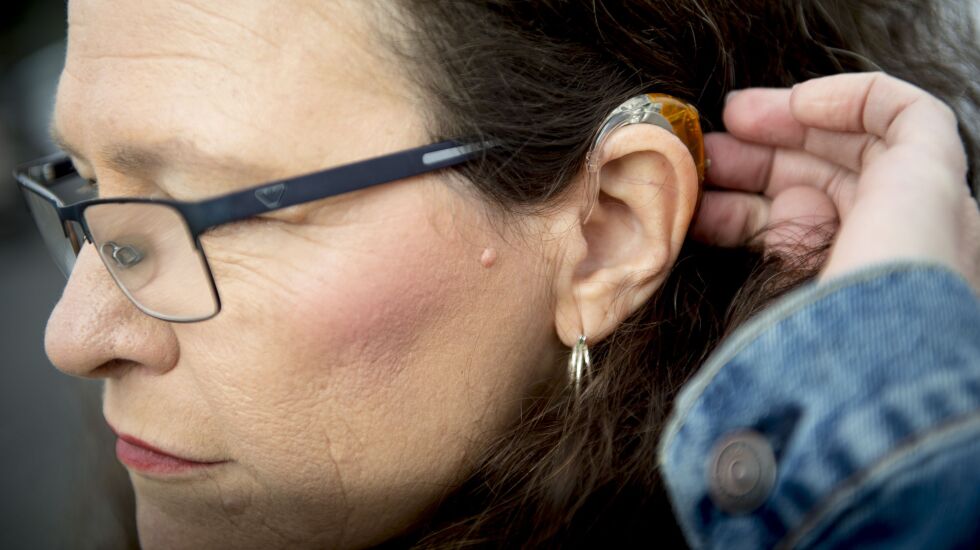
Millions of Americans will be able to buy hearing aids without a prescription starting this fall, under a long-awaited policy approved by the federal Food and Drug Administration.
The new regulation creates a new class of hearing aids that don’t require a medical exam, prescription or specialty evaluations. They’ll be sold online and over-the-counter at pharmacies and other stores, with prices expected to fall.
The devices are intended for adults with mild to moderate hearing problems.
The FDA estimates that nearly 30 million adults could benefit from hearing aid use, but only about one-fifth of people with hearing problems use the devices.
The new rule will take effect in mid-October.
Once the federal rule takes effect, traditional manufacturers are expected to begin selling cheaper, direct-to-consumer models. Eventually, advocates predict the hearing aid market will resemble eye care, in which people can choose between drugstore reading glasses and prescription bifocals.
Biden administration officials pointed to the likely cost savings.
“Today’s action by the FDA represents a significant milestone in making hearing aids more cost-effective and accessible,” Health and Human Services Secretary Xavier Becerra said.
The move follows years of pressure from medical experts and consumer advocates to make the devices cheaper and easier to get.
Cost is a big obstacle now. Between the device itself and fitting services, Americans can pay more than $5,000 to get a hearing aid. Insurance coverage is very limited, and Medicare doesn’t pay for hearing aids, only the diagnostic tests to determine who needs them.
The new over-the-counter status won’t apply to devices for severe hearing loss, which will remain prescription-only.
Consumer electronic companies for years have produced lower-cost “personal sound amplification” devices, but U.S. regulations bar them from being marketed as hearing aids. Those don’t undergo FDA review.
The new rule makes explicit that those devices are not alternatives to FDA-vetted hearing aids. Companies that market them inappropriately could face penalties including fines and product seizures.







